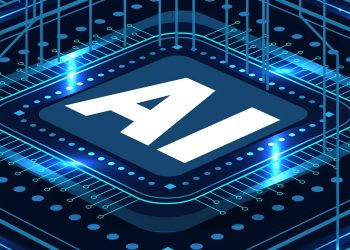In a groundbreaking development, an AI robot is set to replace human teachers in classrooms at the Bhubanananda Odisha School of Engineering (BOSE) in Cuttack, Odisha. The robot, created by a group of three final-year diploma students, will take over teaching engineering fundamentals to college students in the field of robotics.
The students, Amarendra Swain, Sadakant Jena, and Zaheer Shaikh, have designed the “Pi Robot”—a small, low-cost AI-powered model designed specifically for robotics education. According to the developers, the Pi Robot is capable of delivering lessons, answering questions, and interacting with students, functioning much like a human educator. It can operate for up to six hours and provides an immersive learning experience.
This innovative project is inspired by “Iris,” India’s first AI-generated schoolteacher robot created earlier this year by Makerlabs Edutech, a private organization based in Kerala. While Iris utilizes advanced generative AI and robotics, the Pi Robot uses similar technologies but on a more accessible and affordable scale.
In an interview, one of the developers explained that the Pi Robot can answer a variety of questions and assist students with their learning. The AI robot was showcased at BOSE’s Design and Innovation Centre (DIC), where it was developed over six months, following four months of rigorous research. The students worked tirelessly to build the AI teacher from scratch, coding the system, integrating voice recognition, and constructing the robot’s humanoid body, including its neck, eyes, lips, and legs.
“We were inspired by the Kerala project and worked to build a similar AI teacher tailored to our institution’s needs,” said Swain. “Our primary aim was to create a mechanism that could answer students’ doubts instantly and improve the learning process.”
The Pi Robot is powered by ChatGPT, which stores data securely on external servers, allowing it to process and respond to student queries. Principal Hrusikesh Mohanty praised the students for their ingenuity, noting that they had successfully integrated AI into practical applications, resulting in the creation of an AI teacher.
“The students have done everything from designing the AI platform to building the robot’s physical components. This is a testament to their creativity and problem-solving skills,” said Principal Mohanty.
As the education sector continues to explore the potential of AI in the classroom, the Pi Robot marks a significant step towards the future of teaching, where AI could play a pivotal role in transforming the educational landscape in India.




































